Guide to Outboard Decals: Types, Materials, Installation & Regulations
Short on time? Hear the article’s key takeaways in this 22-minute audio overview.
Outboard decals are more than just decorative elements—they're essential components that combine legal compliance, branding, and equipment protection for your marine propulsion system. Whether you're displaying required registration numbers or adding custom graphics, understanding the fundamentals of outboard motor decals ensures both regulatory compliance and lasting durability in harsh marine environments.
Professional outboard decals combine functionality with aesthetic appeal on marine propulsion systems

This in-depth guide covers everything from material science to installation tricks. Use the quick links below to jump straight to any topic.
Definitions & Basics
An outboard decal differs significantly from ordinary stickers in both construction and application. As the core component of boat propulsion systems, outboard motors face more severe environmental challenges that require specialized decal solutions. Vessel registration decals are official identification markers required by law, featuring specific sizing requirements (typically 3-inch block letters), standardized placement protocols, and annual renewal obligations.

Proper outboard registration decal placement following marine regulations
Decal vs Sticker vs Transfer: Key Differences
| Type | Construction | Durability | Best Use Case |
|---|---|---|---|
| Marine Decal | Multi-layer vinyl with marine adhesive | 5-7 years outdoors | Registration numbers, permanent graphics |
| Standard Sticker | Paper or basic vinyl | 6-12 months outdoors | Temporary applications |
| Transfer/Vinyl Cut | Cut vinyl with transfer tape | 3-5 years outdoors | Clean lettering, logos |
Material Science: Why Marine-Grade Vinyl Matters
Marine environments demand specialized materials engineered to withstand unique challenges that destroy standard vinyl within months. Marine-grade vinyl incorporates three critical enhancements over standard automotive or indoor vinyl.

Marine-grade vinyl features enhanced UV and moisture resistance
Three Key Marine-Grade Differences
- UV Resistance: Marine vinyl contains titanium dioxide and carbon black additives that prevent color fading and material degradation under intense sunlight reflection from water surfaces.
- Mildew Resistance: Anti-fungal agents integrated into the vinyl prevent mold growth in high-humidity marine environments.
- Salt-Spray Resistance: Specialized polymer formulations resist salt crystal formation and corrosion that rapidly deteriorates standard adhesives.
Thickness & Grade Reference
| Grade | Thickness (mil) | Expected Lifespan | Application |
|---|---|---|---|
| Premium Cast | 2.0-3.0 | 7-10 years | Full wraps, complex curves |
| High-Performance Calendered | 3.0-4.0 | 5-7 years | Flat surfaces, registration numbers |
| Standard Marine | 4.0-6.0 | 3-5 years | Budget applications, temporary use |
Alternative Substrates
- Magnetic Decals: Removable option for trailered boats, limited to steel outboard components
- Marine Paint: Permanent solution with professional finish, requires expert application
- Full Wraps: Complete outboard coverage for maximum impact and protection
Full vinyl wraps provide maximum visual impact and outboard protection
Regulations & Compliance
Outboard decal regulations vary by state but share common requirements for visibility, placement, and maintenance. Non-compliance results in failed inspections, fines, and potential vessel impoundment.

Multiple compliance stickers required for outboard motor operation
State-Level Requirements (Florida Example)
Florida Vessel Registration Requirements:
- 3-inch minimum block letter height for registration numbers
- Port-side forward placement, clearly visible
- Contrasting color against hull (dark letters on light hull, vice versa)
- Complete removal of expired decals before applying new ones
- Numbers must be separated by spaces or hyphens as specified
Inspection Success Tips
- Color Contrast: Ensure 70 % contrast ratio between decal and outboard color
- Clean Removal: Use heat gun and adhesive remover to eliminate old decal residue
- Proper Spacing: Follow state guidelines for letter and number spacing
- Condition Check: Replace faded or damaged decals before inspection
Types & Use-Cases
Modern outboard decals serve multiple functions, from legal compliance to aesthetic enhancement and brand representation. In our years of marine decal expertise at JLM Marine, we've found that different types of decals serve different needs.
Functional Decals
- Registration Numbers: State-required identification with specific sizing and placement rules
- Inspection Tags: Annual safety and emissions compliance indicators
- Capacity Plates: Coast Guard-mandated weight and passenger limits
- Safety Information: Emergency procedures and equipment locations
Decorative & Branding Decals
- Boat Names: Custom lettering in various fonts and styles
- Port of Call: Home port identification
- Company Logos: Commercial vessel branding
- Graphics Packages: Complete design schemes

Custom outboard name and decorative graphics enhance equipment appearance
Specialty Decal Technologies
In our JLM Marine decals collection, we offer various advanced decal technologies:
- HTV (Heat Transfer Vinyl): Heat-activated adhesive for complex shapes
- UV-DTF: Direct-to-film printing for photographic quality
- Water-slide: Temporary applications for testing designs
- Epoxy-domed: 3D raised effect with protective clear coating

Buying Guide
Selecting the right supplier and specifications ensures both quality and value in your decal investment. As professionals at JLM Marine, we recommend considering the following factors.
Online Custom vs Local Pro Shop Comparison
| Factor | Online Custom | Local Pro Shop |
|---|---|---|
| Price Range | $15-50 per set | $40-150 per set |
| Lead Time | 3-7 business days | Same day – 3 days |
| Material Quality | Variable, research required | Professional grade standard |
| Installation Support | Instructions only | Professional installation available |
| Design Assistance | Template-based | Custom design services |
Brand-Specific Solutions
For major outboard motor brands, we at JLM Marine offer specialized decal collections:
- MerCruiser: MerCruiser decals collection
- Mercury: Mercury decals collection
- Yamaha: Yamaha decals collection
🎥 Behind the Decals: Factory-Made for Marine Durability
Every JLM Marine decal has rolled off our ISO 9001:2015-certified production line after 18 separate quality checks. We pair German-made Oracal 951 and 3M™ 1080 premium cast films with a UV-shield clear coat, giving you 8–10 years of color and gloss even in salt, sun, and spray.
Each batch survives a 1 000-hour ASTM B117 salt-fog and accelerated UV cycle before it earns the JLM badge, so you can cruise knowing your graphics won’t peel or fade prematurely.
▶️ 30-second factory tour:
- Pre-cut kits, beginner-friendly install — US / EU video guide included
- Removes cleanly without sticky residue when it’s time for a refresh
- Bright colors, fuel-resistant adhesive, built for open-water punishment
- Factory-direct pricing saves you 20–40 % over retail middlemen
⛵ Ready to give your outboard a worth-showing-off makeover? Browse our Decal kits now!
Reading Seller Specifications
Critical Specifications to Verify:
- Outdoor Lifespan: Look for 5+-year warranties on marine applications
- Adhesive Type: Permanent vs removable options
- UV Rating: Specific UV-resistance testing data
- Conformability: Ability to follow curved surfaces
- Temperature Range: Operating limits for your climate
Essential Accessory Checklist
- Application Squeegee: Felt-edge tool for bubble-free installation
- Transfer Tape: High-tack option for complex graphics
- Surface Cleaner: Isopropyl alcohol or marine degreaser
- Heat Gun: For conforming vinyl to curves
- Razor Blades: Fresh blades for precise trimming
- Marine Sealant: Edge sealing for maximum longevity
Installation & Care
Professional installation techniques ensure maximum lifespan and appearance. Proper preparation prevents 90 % of installation failures.
Professional installation techniques ensure bubble-free application
Phase 1: Preparation
- Surface Cleaning: Degrease with isopropyl alcohol, allow complete drying
- Temperature Check: Ensure 65–85 °F ambient temperature
- Measurement & Marking: Use laser level for horizontal alignment
- Test Fit: Position decal with transfer tape before removing backing
Phase 2: Application Method Selection
Wet Application (Recommended for Large Decals)
- Mix soap solution (2 drops dish soap per quart water)
- Spray surface and decal adhesive
- Position decal, squeeze out solution from center outward
- Allow 24–48 hours cure time before water exposure
Dry Application (Best for Small Decals)
- Remove backing paper gradually
- Apply with firm squeegee pressure
- Work from center to edges
- Remove transfer tape at 45-degree angle
Phase 3: Troubleshooting Common Issues
| Problem | Cause | Solution |
|---|---|---|
| Air Bubbles | Insufficient squeegee pressure | Pierce with needle, squeeze out air |
| Skewed Alignment | Rushed positioning | Remove, clean, reapply carefully |
| Edge Lifting | Contaminated surface | Clean thoroughly, apply heat, add sealant |
| Poor Adhesion | Cold temperature | Warm surface with heat gun before application |
Maintenance Cycle
Monthly Inspection
- Check for edge lifting or bubble formation
- Clean with mild soap and soft brush
- Rinse thoroughly with fresh water
Quarterly Care
- Apply marine vinyl protectant with UV blockers
- Inspect for color fading or cracking
- Reseal edges if necessary
Annual Assessment
- Professional inspection for compliance decals
- Consider replacement for faded or damaged graphics
- Document condition for warranty claims
Safe Decal Removal
When replacement becomes necessary, proper removal prevents outboard damage and adhesive residue.

Heat gun application softens adhesive for clean decal removal
- Heat Application: Use heat gun at 6-inch distance to warm vinyl
- Corner Start: Lift corner with plastic scraper, never metal tools
- Steady Pull: Remove at consistent 45-degree angle
- Adhesive Removal: Apply commercial adhesive remover to residue
- Final Cleaning: Degrease surface completely before new application
Advanced FAQ
Are vinyl decals truly waterproof & UV-proof?
Marine-grade vinyl decals are water-resistant and UV-resistant, not completely proof against all conditions. Quality marine vinyl withstands normal exposure but degrades under extreme conditions like constant submersion or concentrated UV reflection. Expect 5–7 years lifespan under typical marine use.
Can outboard decals be reused after removal?
Vinyl decals are designed for single-use application. The removal process typically damages the adhesive backing and vinyl structure, making reuse impractical. Transfer tape may preserve small decals for temporary repositioning during initial installation only.
Will marine vinyl shrink or fade over time?
High-quality marine vinyl experiences minimal shrinkage (less than 1 % over 5 years) when properly applied. Fading occurs gradually, with red and blue colors typically showing change first. Premium cast vinyl maintains color integrity significantly longer than calendered vinyl.
Standard size ratios for lettering & graphics
Professional outboard graphics follow the 1:7 ratio—letter height should be 1/7 of viewing distance for optimal readability. For registration numbers, most states require 3-inch minimum height. Decorative lettering typically ranges from 4-12 inches depending on outboard size.
Decal vs painted lettering: resale impact
Quality vinyl decals maintain outboard resale value better than painted lettering because they protect the underlying surface and allow future customization. Poor-quality decals or improper removal can damage surfaces, while professional painted lettering adds permanent value but limits buyer customization options.
Professional Tip: Document your decal specifications, installation date, and maintenance history. This information proves valuable for warranty claims, insurance purposes, and resale negotiations.
Hi—I’m Jim Walker
I grew up in a Florida boatyard, earning pocket money (and a few scars) by rebuilding outboard carbs before I could drive. That hands-on habit carried me through a Ph.D. in mechanical engineering, where I studied how salt water quietly murders metal.
I spent ten years designing cooling systems for high-horsepower outboards, then joined JLM Marine as CTO. We bench-test every new part in the lab, but I still bolt early prototypes onto my own 23-foot skiff for a weekend shake-down— nothing beats real wake and spray for finding weak spots.
Here on the blog I share the fixes and shortcuts I’ve learned so your engine—and your day on the water—run smooth.

Para propietarios de embarcaciones:
Para ayudarlo a mantener y reparar sus motores marinos, esperamos que los siguientes recursos puedan serle de utilidad:
- Guía de números de serie de Mercury
- Manuales del propietario de Mercury
- Guía de referencia oficial de números de modelo en formato PDF de BRP
- Guía de números de serie de Johnson
-
Accesorios para barcos de JLM Marine
Acerca de JLM Marine
Fundada en 2002, JLM Marine se ha consolidado como un fabricante dedicado de piezas marinas de alta calidad, con sede en China. Nuestro compromiso con la excelencia en la fabricación nos ha ganado la confianza de las principales marcas marinas a nivel mundial.
Como proveedor directo, evitamos intermediarios, lo que nos permite ofrecer precios competitivos sin comprometer la calidad. Este enfoque no solo promueve la rentabilidad, sino que también garantiza que nuestros clientes reciban el mejor valor directamente del proveedor.
Estamos entusiasmados de ampliar nuestro alcance a través de canales minoristas, llevando nuestra experiencia y compromiso con la calidad directamente a los propietarios de embarcaciones y entusiastas de todo el mundo.

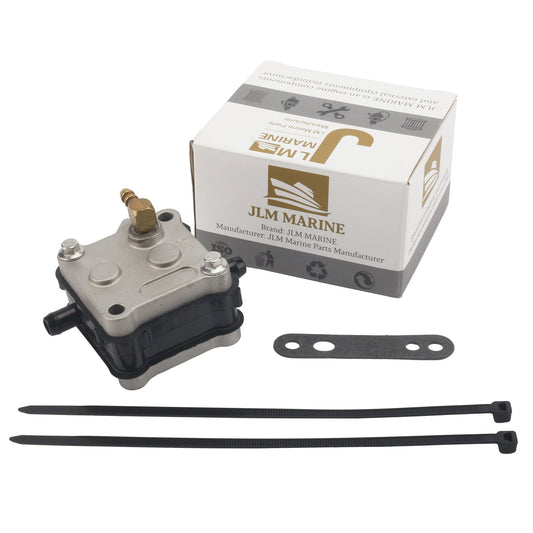
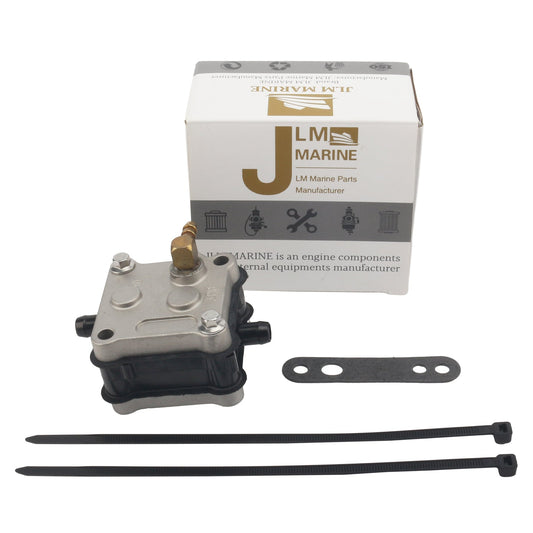
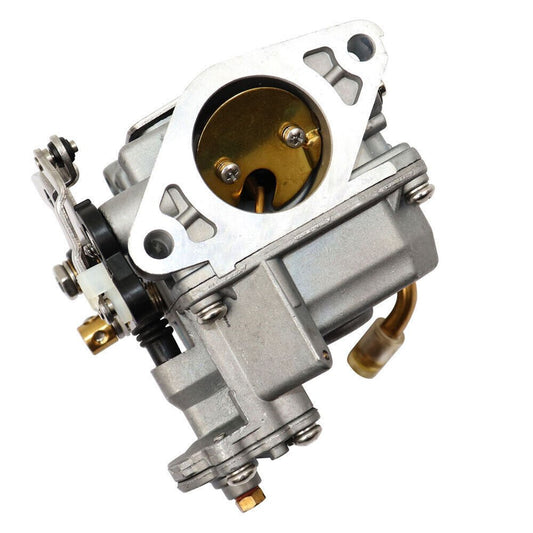
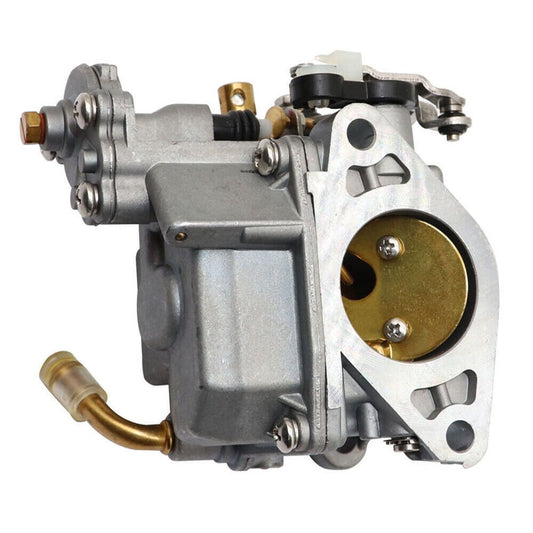
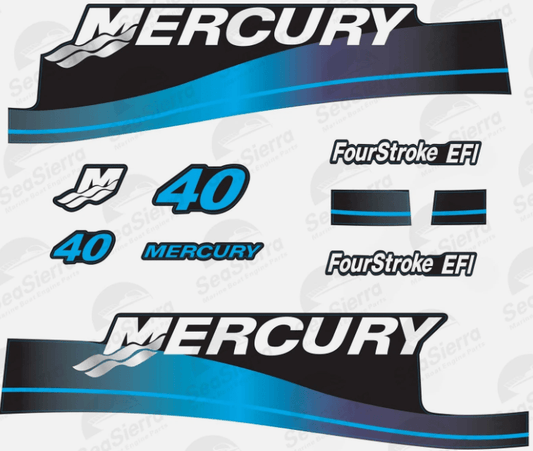
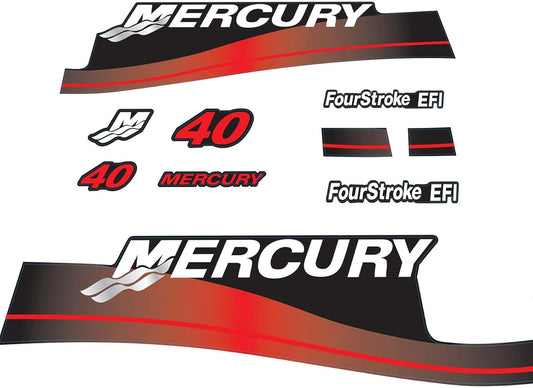
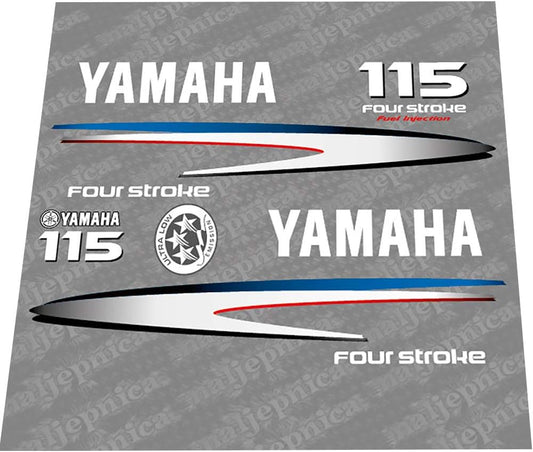
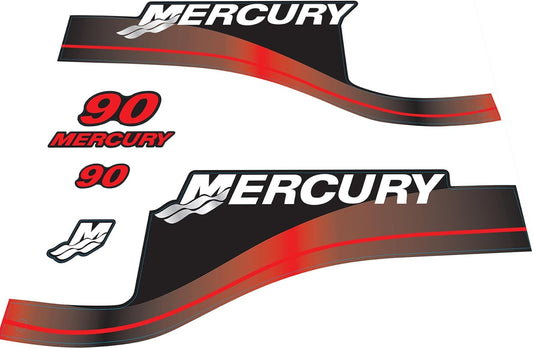
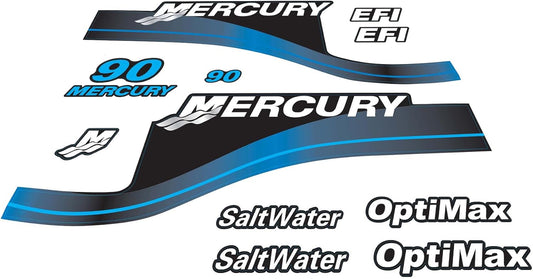
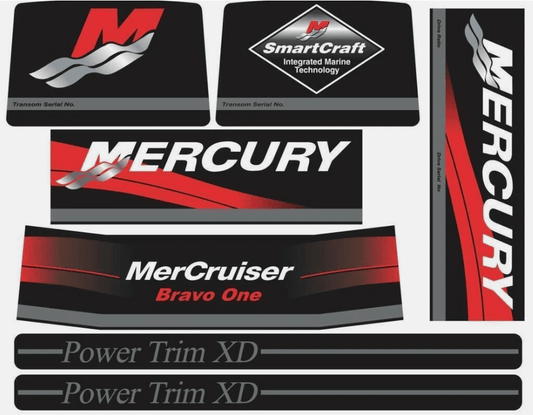
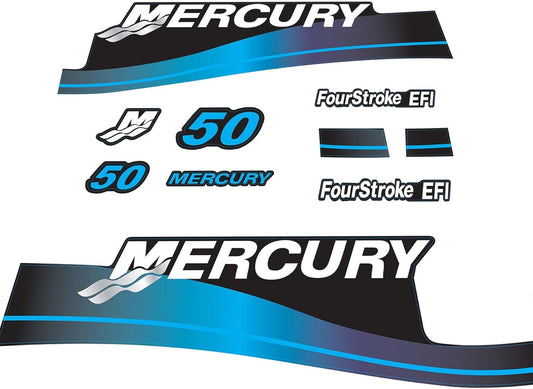
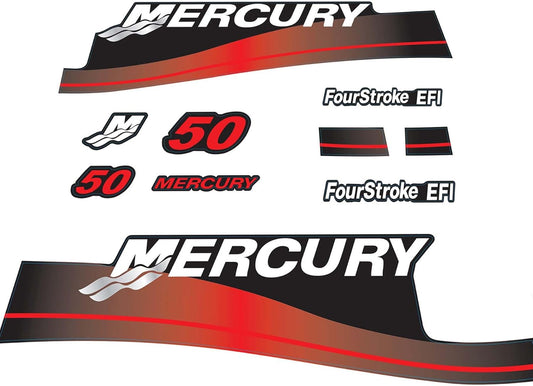
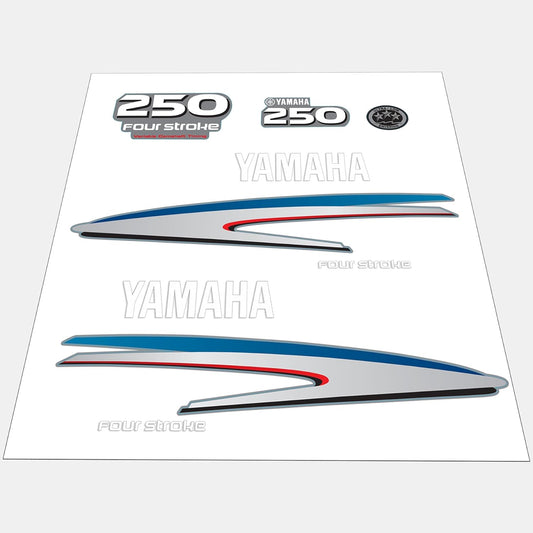
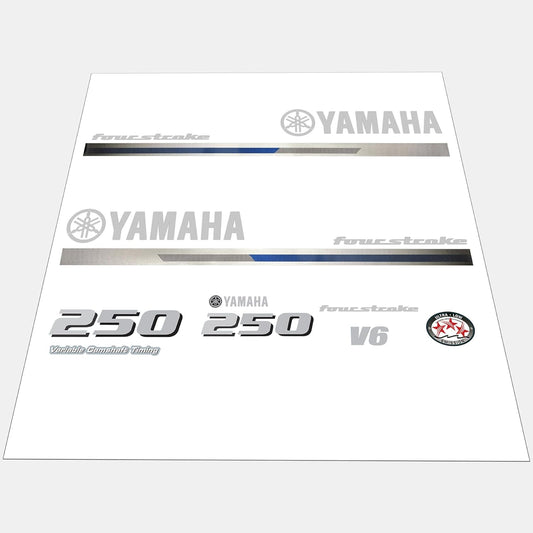
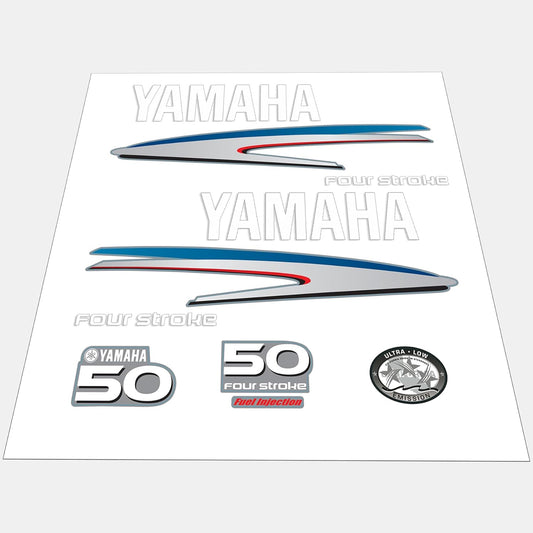
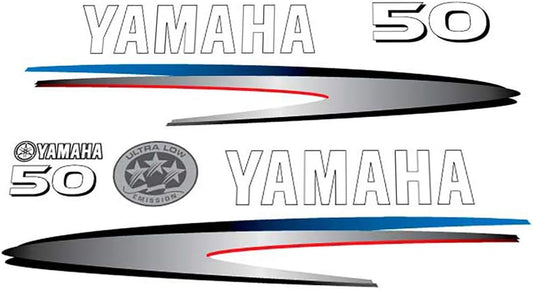
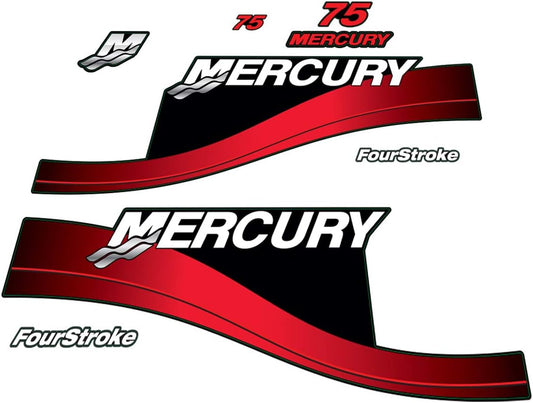
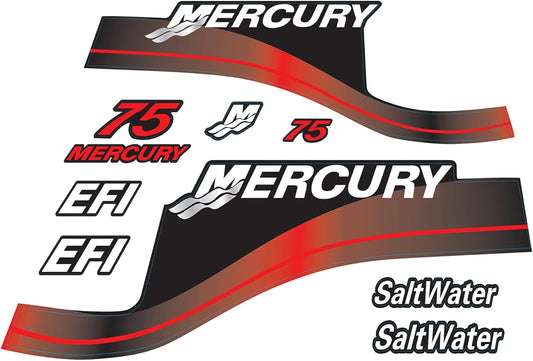
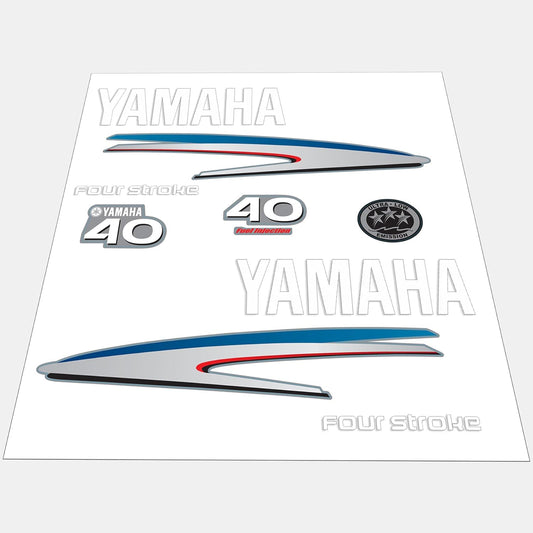
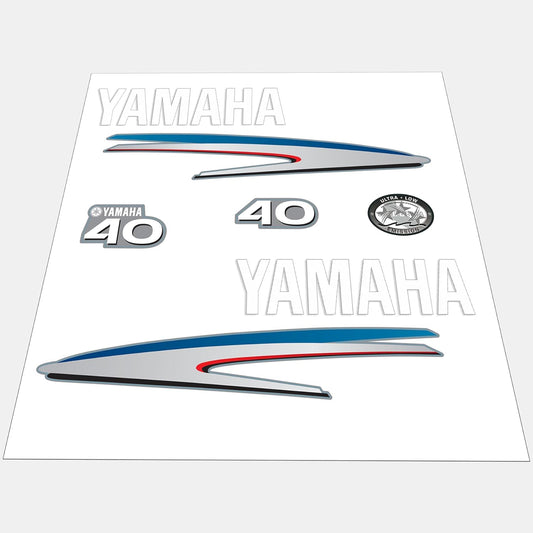
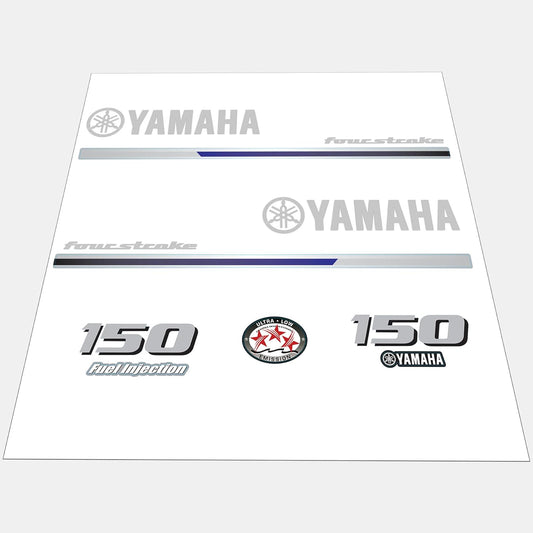
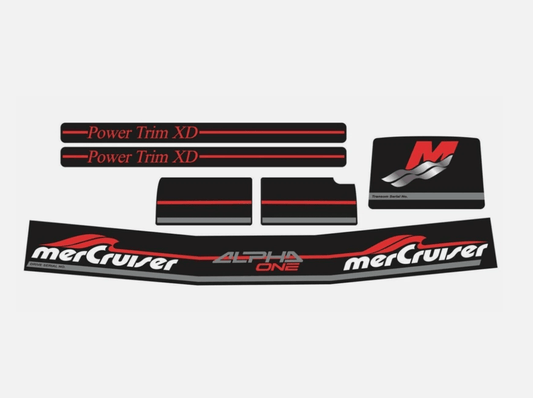

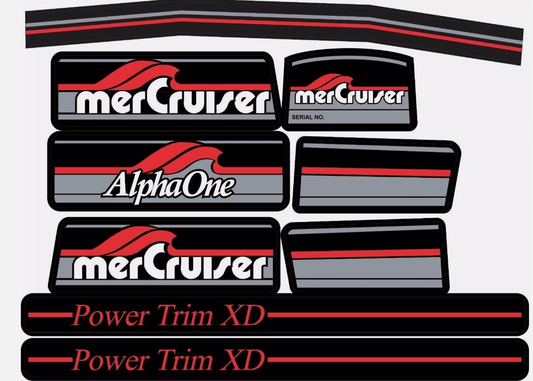
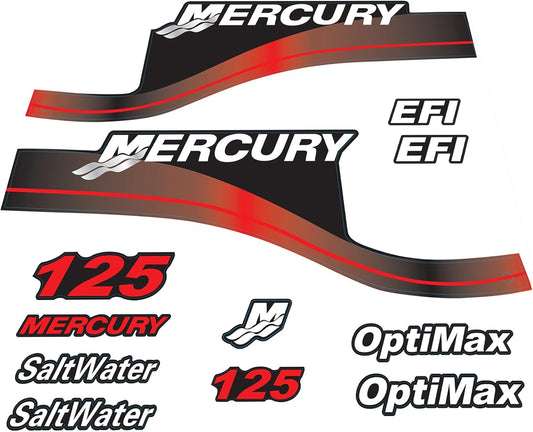
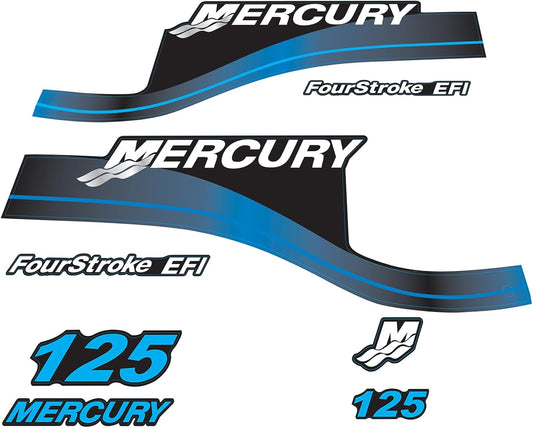
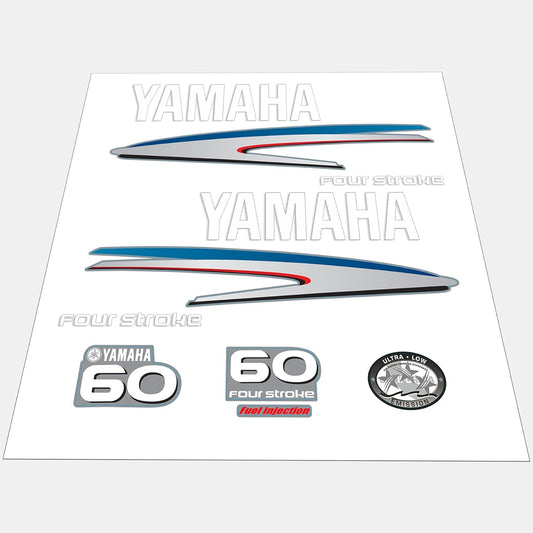
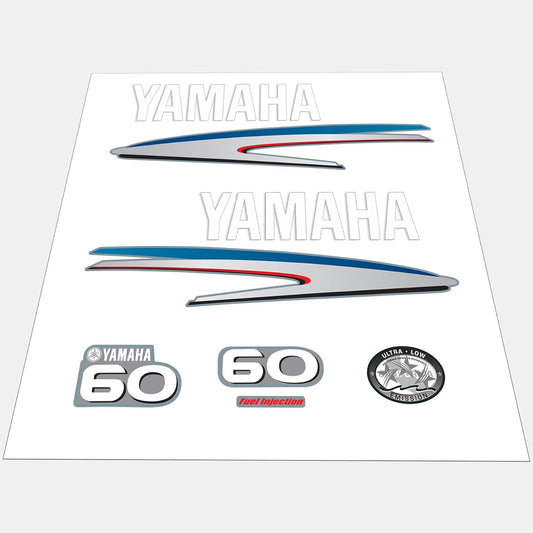
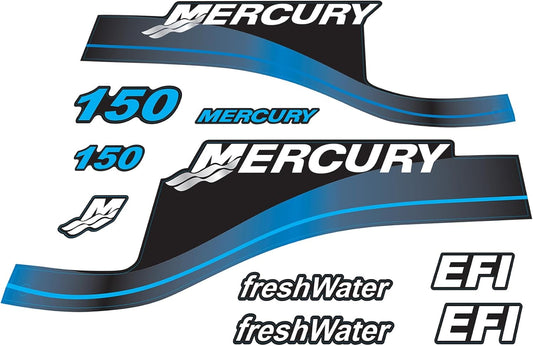
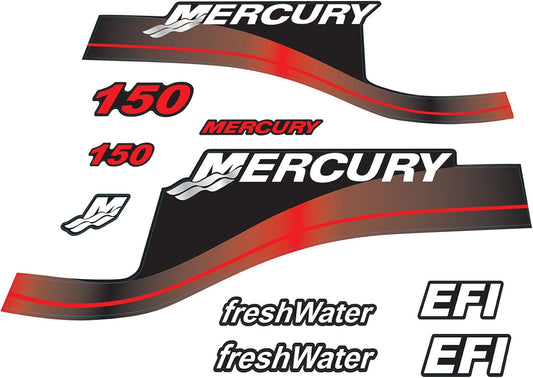
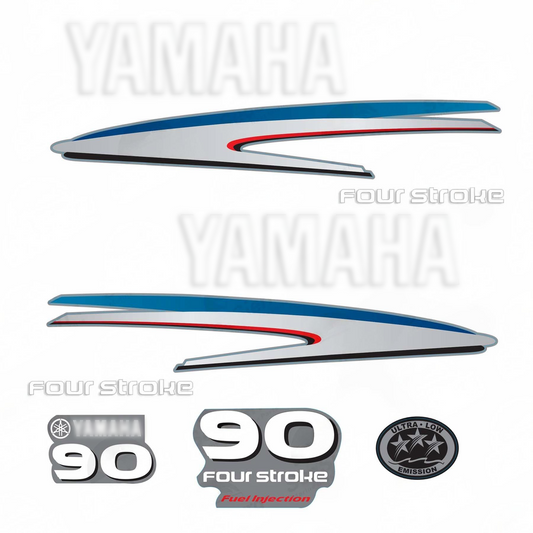
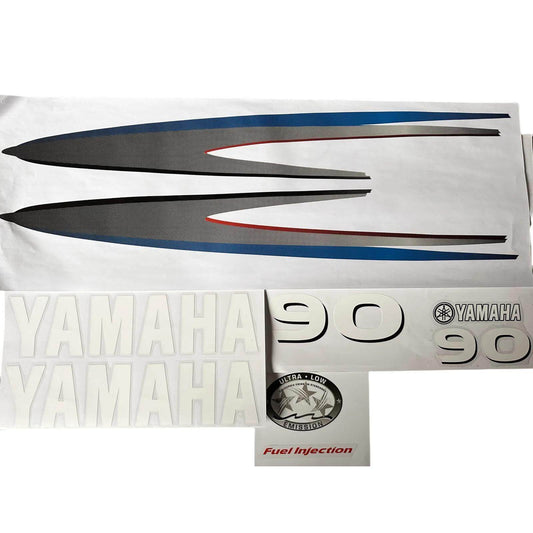
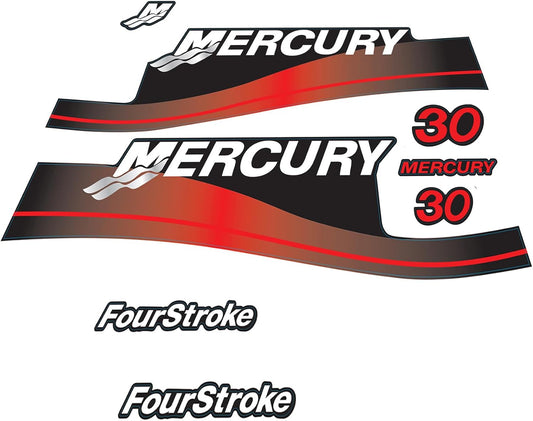
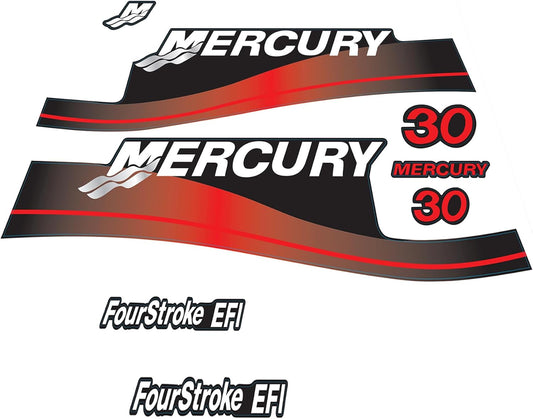
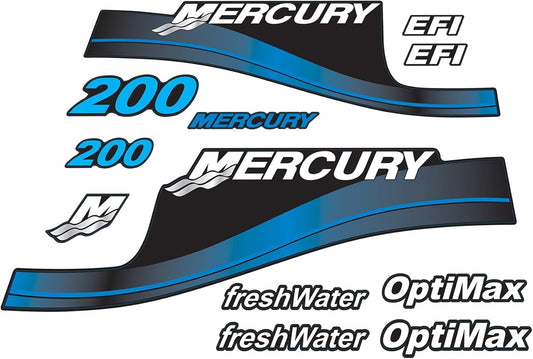
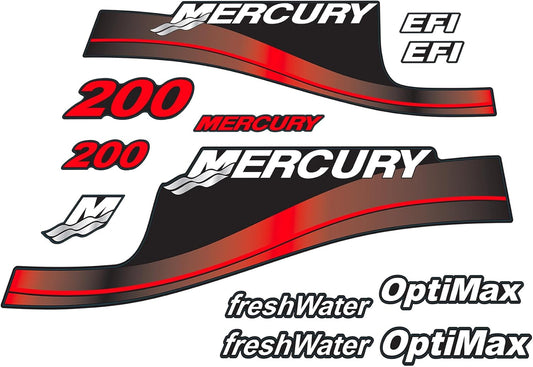
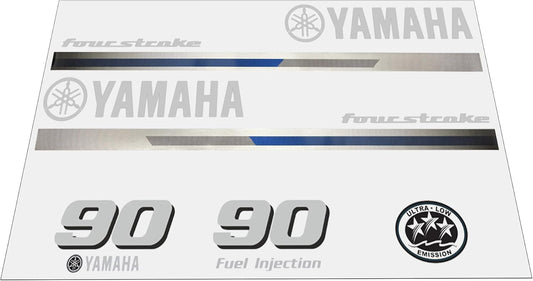
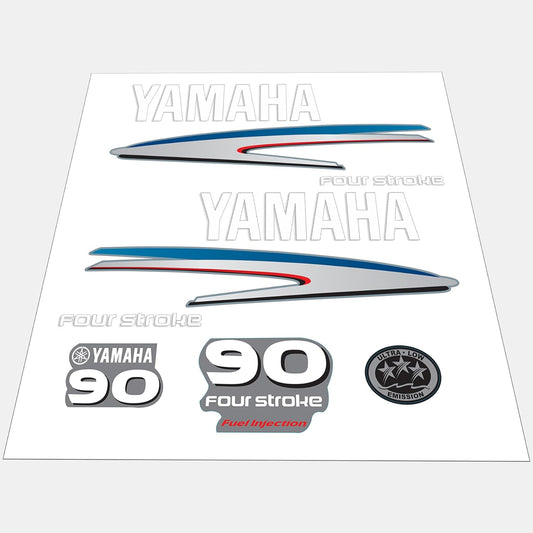
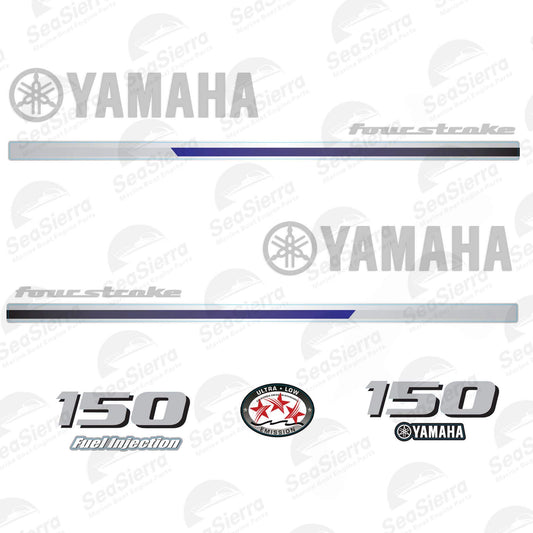
Leave a comment
Please note, comments need to be approved before they are published.